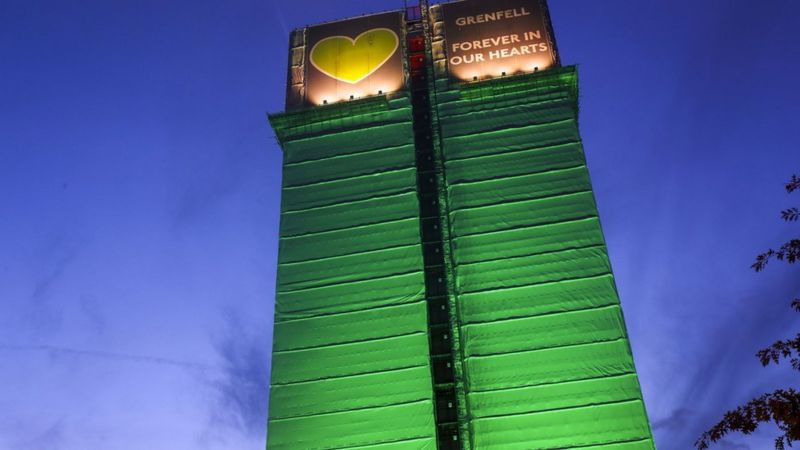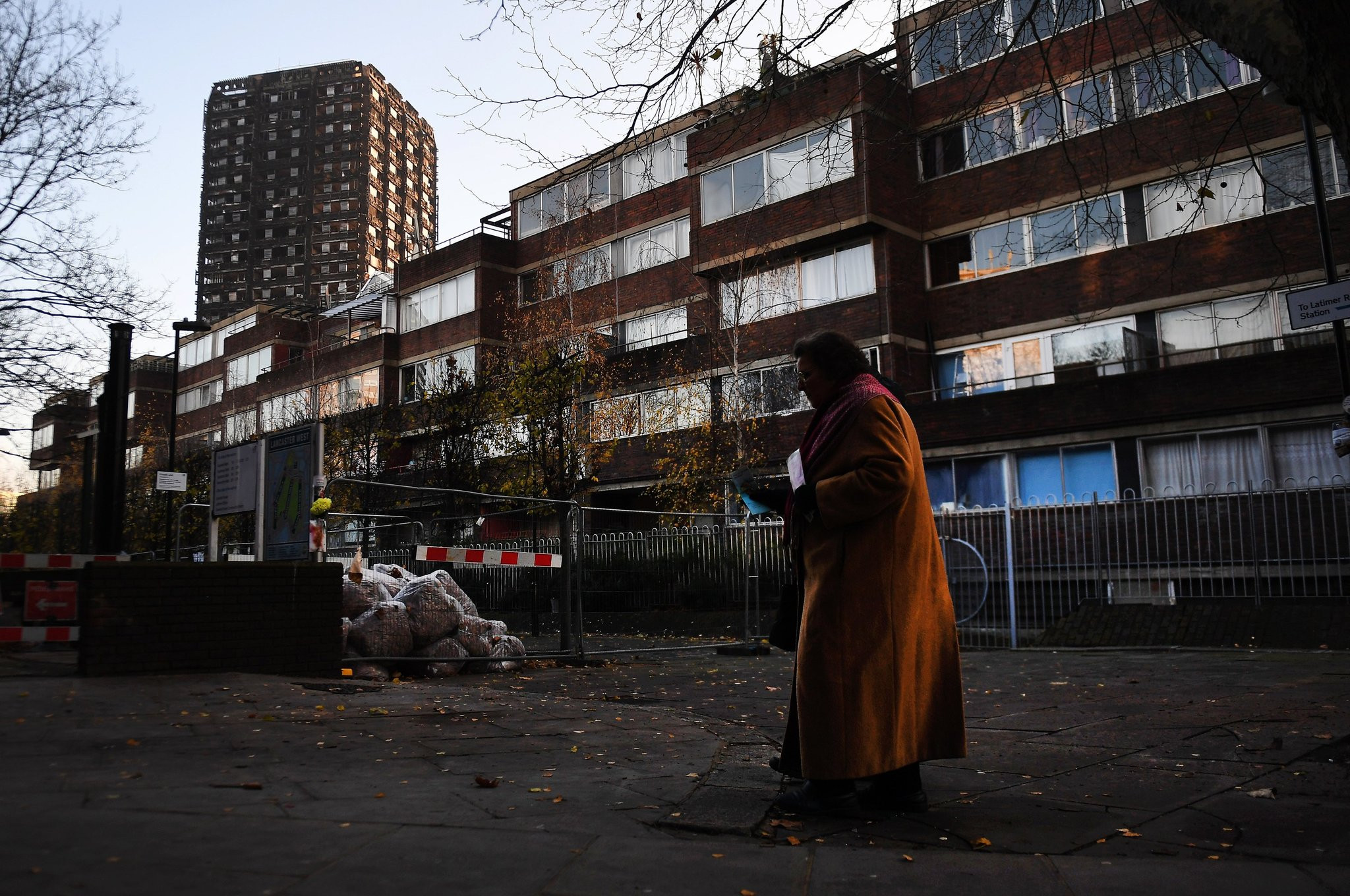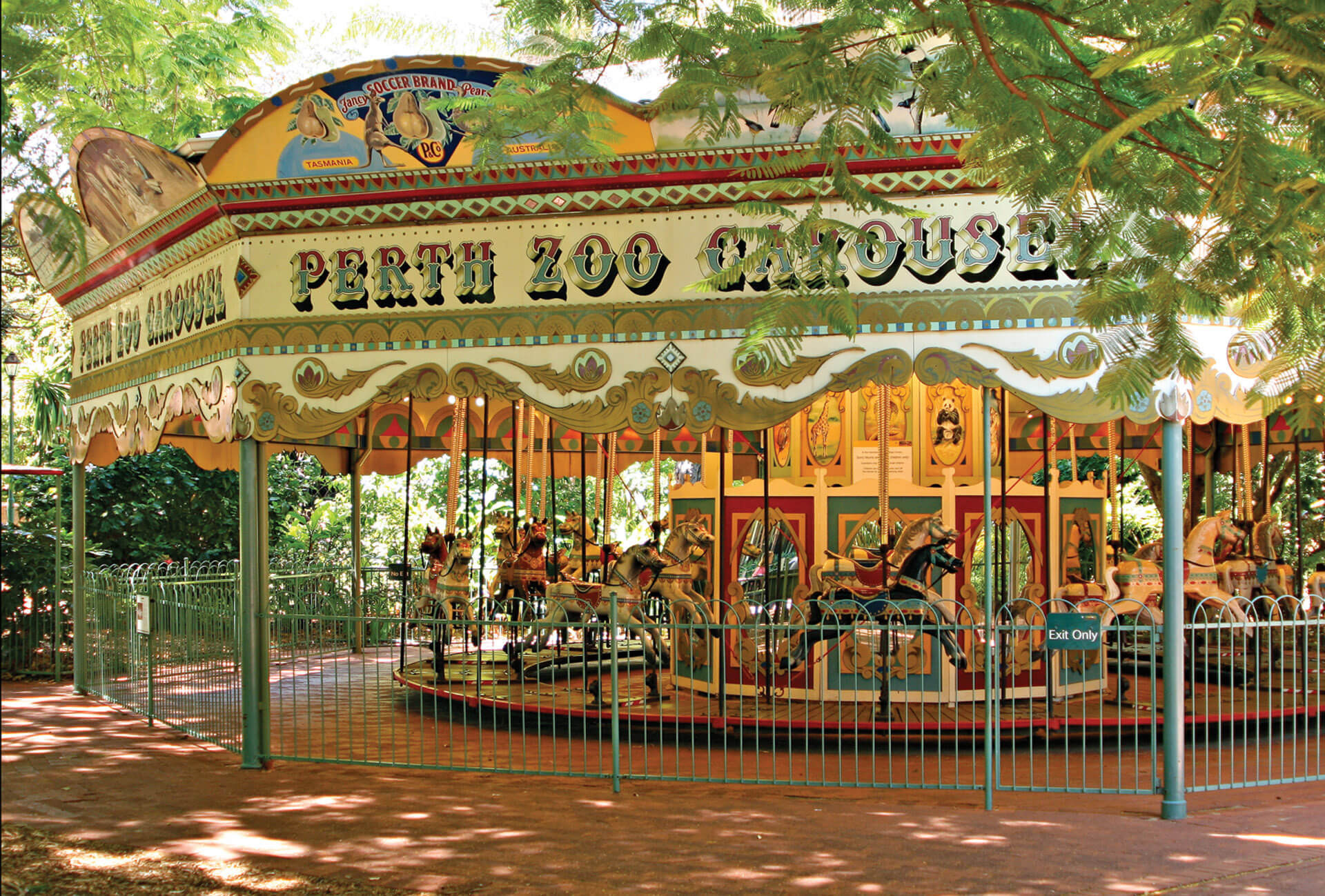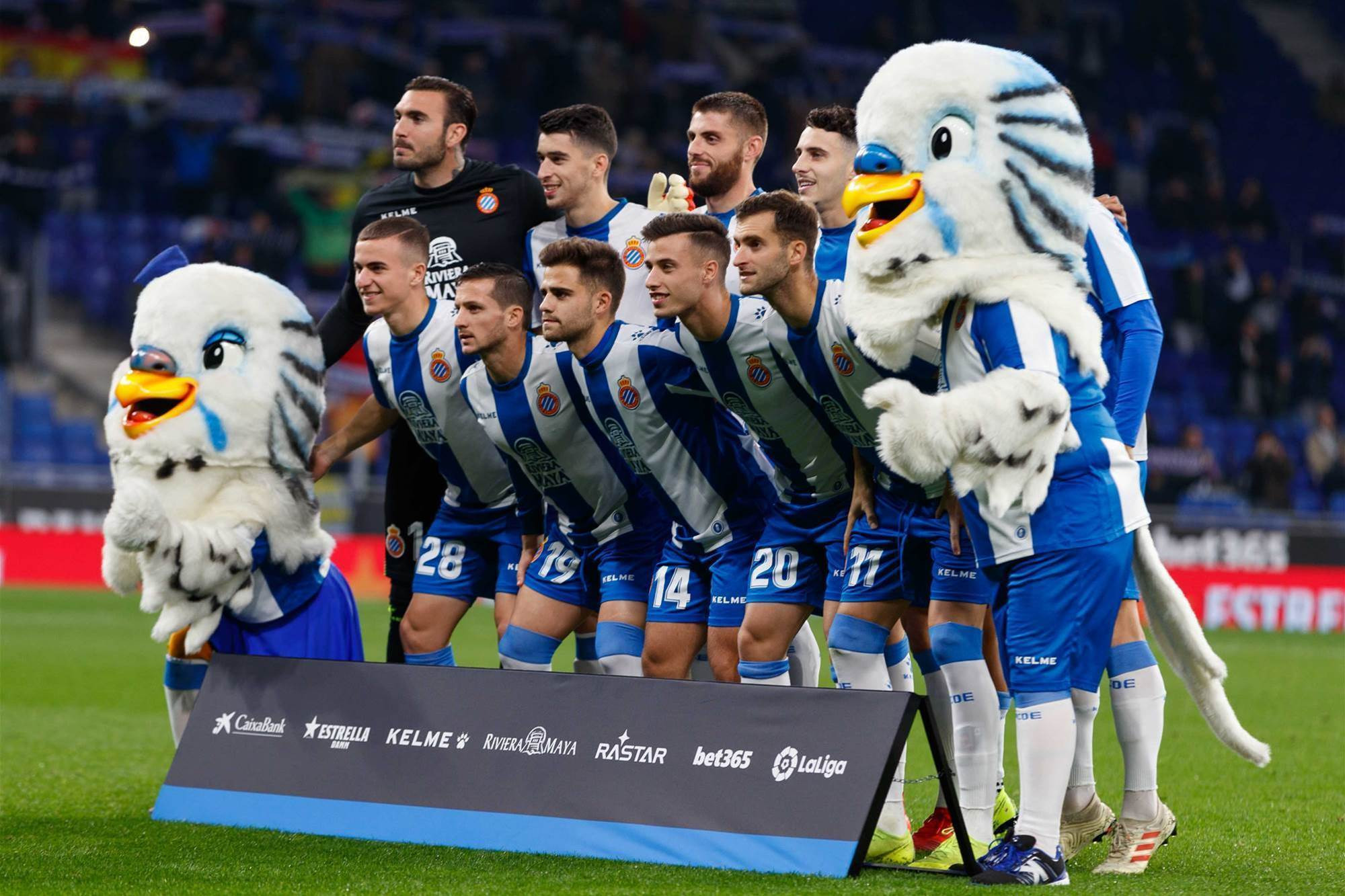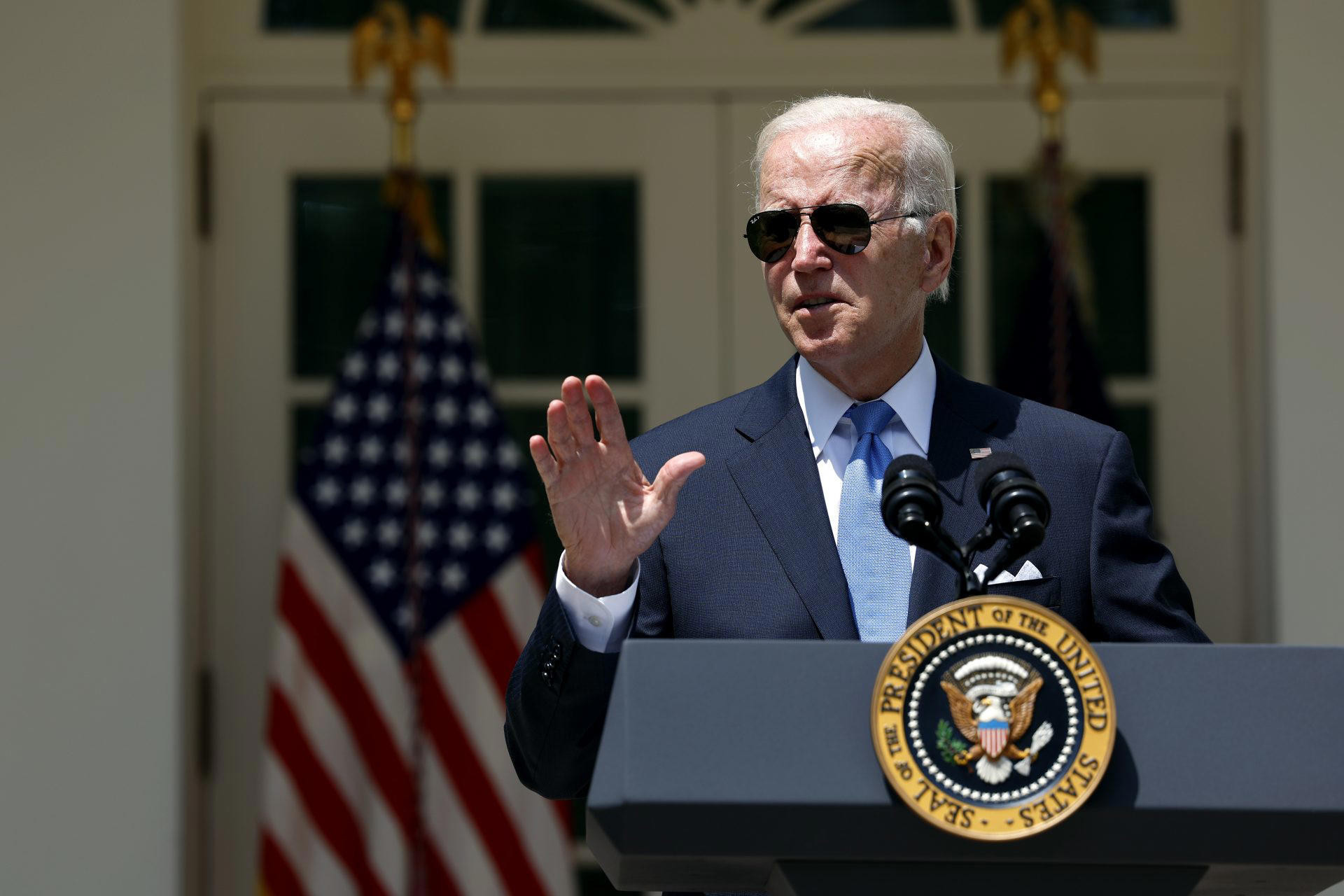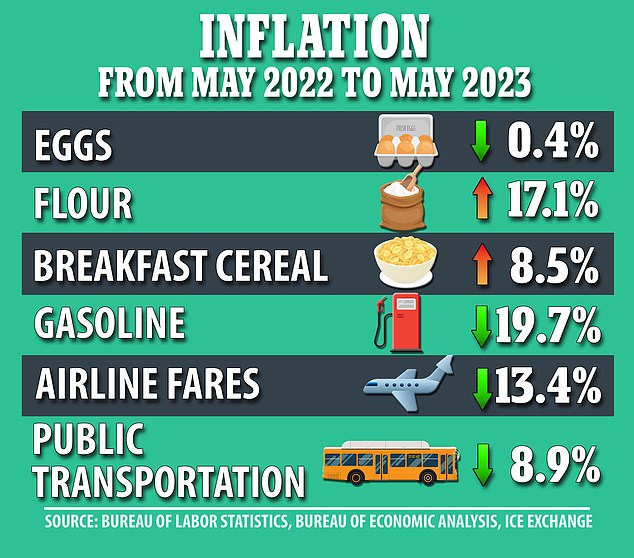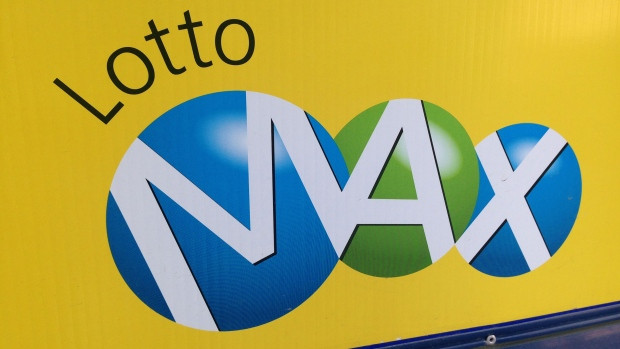The final report into the tragic fire at Grenfell Tower in 2017 has been released today, which states UK Government officials were "complacent, defensive and dismissive" on fire safety. More than seven years on from the deadly inferno, in which 72 people lost their lives, chair of the inquiry Sir Martin Black Moore-Bick has published his findings into what allowed the London high-rise building to burn with such ease. Key findings from the report state responsibility for the fire lies at the hands of the UK Government, The Royal Borough of Kensington and Chelsea, Manufacturers and suppliers of materials used in the refurbishment of the building and the London Fire Brigade among many others. County Cavan based company Kingspan has released a statement today, acknowledging the findings of the report in that " The report is clear and unambiguous in its findings that the ‘principal reason’ for the rapid-fire spread was the PE ACM cladding used, which was not made or supplied by Kingspan." Kingspan had no role in the Grenfell Tower refurbishment or the design of the cladding. The company says their K15 insulation product was used "without our knowledge." K15 comprised approximately 5% of the insulation purchased for use by the contractors. The Phase 1 Report of the Grenfell Inquiry stated that “the principal reason” for rapid fire spread on Grenfell was the unsafe ACM cladding panels, which had been used as an external rainscreen on the Tower. The ACM panels were not a Kingspan product. The company has also addressed correspondence by a 'small number of employees in our UK insulation business', which it's described as "wholly unacceptable sentiments about fire safety." Grenfell Tower in London was covered in flammable materials because of “systematic dishonesty” from those who made and sold cladding and insulation, the final report has concluded. Here is a summary of the main firms and what the inquiry into the disaster said about them. The Irish company has long said its K15 insulation product made up 5 per cent of the insulation in the tower block and was used without its knowledge. But the report found that Kingspan “knowingly” created a “false market in insulation” from 2005 onwards for use on buildings over 18 metres tall by claiming its K15 product had been part of a system that had been successfully tested under the BS 8414 cladding fire safety test, meaning it could be used in the wall of any building of that height regardless of its design or other components. The inquiry branded this a “false claim”, adding: “As Kingspan knew, K15 could not honestly be sold as suitable for use in the external walls of buildings over 18 metres in height generally, but that is what it had succeeded in doing for many years.” Kingspan relied on the results of a single cladding fire safety test performed in 2005, on a system whose components were not representative of a typical external wall, the report said, and found that the firm continued to rely on that test despite changing the composition of K15 in 2006. Further tests on systems incorporating K15 in the following two years were “disastrous”, the report said, but Kingspan did not withdraw the product from the market, “despite its own concerns about its fire performance”. In 2009, Kingspan obtained a certificate that “contained false statements about K15”, the report said, and on which it relied “for many years to sell the product”, adding that it made a “calculated decision” to use the certificate to “mask, or distract from, the absence of supporting test evidence”. The report said Kingspan “cynically exploited” the industry’s lack of detailed knowledge about insulation and cladding fire safety tests, and “relied on the fact that an unsuspecting market was very likely to rely on its own claim about the product”. Responding to the report, Kingspan said it had “long acknowledged the wholly unacceptable historical failings that occurred in part of our UK insulation business” but said these were “in no way reflective of how we conduct ourselves as a group, then or now”. It said it remains “committed to playing a leading role in providing safe and sustainable building solutions, including continuing to work with government and industry partners”. Kingspan “knowingly created a false market” for the insulation used on the facade of the Grenfell Tower in London, where 72 people were killed in 2017 in a fire, by falsely claiming it successfully passed tests to allow it to be used on high-rise buildings over 18 metres in height, a report on the disaster said on Wednesday. The long-awaited report, written by inquiry chair Sir Martin Moore-Bick and running to 1,700 pages, highlighted the failures of government, building materials companies, contractors, fire safety experts and local council officials that led to the blaze seven years ago. Kingspan’s Kooktherm K15 insulation board was used on about 5 per cent of the plastic foam insulation layer of external cladding of the block, unknown to the company, during a refurbishment of the London tower that was completed in 2016. The Kingspan product was used when there were supply problems with insulation boards of UK rival Celotex, the product specified by those responsible for the refurbishment. The insulation boards were fitted behind a plastic (polyethylene) cored aluminium composite material (ACM) cladding panels used to form the outer layer of the facade system on the tower. A unit of US metals giant Arconic made the cladding panels. The inquiry heard that K15 passed a fire safety test in 2005 when it was placed behind non-combustible cladding. That meant the product should only have been used in high-rise buildings as part of the exact systems that had been fire tested. However, it was marketed for general use on high-rises. The plastic in the Arconic panels was combustible. The inquiry also uncovered emails from Kingspan UK staff dating back to 2009 that joked about the fact that fire safety tests on K15 were flawed. The final inquiry report found that Kingspan and Celotex each misled the construction market with claims their respective K15 and RS5000 insulation boards could be used on high-rise buildings. “As Kingspan knew, K15 could not honestly be sold as suitable for use in the external walls of buildings over 18 metres in height generally, but that is what it had succeeded in doing for many years,” the report said. It said that Kingspan concealed from UK construction product certification officials at the British Board of Agrément (BBA) that the K15 boards it was selling on the basis of certification in 2008 was different to the product used for the 2005 fire safety test. “Tests performed in 2007 and 2008 on systems incorporating the then current form of K15 were disastrous, but Kingspan did not withdraw the product from the market, despite its own concerns about its fire performance,” it added. Kingspan also succeeded in obtaining a certificate in 2009 from the Local Authority Building Control (LABC) in the UK “that contained false statements about K15 and supported its use generally on buildings over 18 meters in height”, it said. “Kingspan relied on that certificate for many years to sell the product. It made a calculated decision to use the LABC certificate to mask, or distract from, the absence of supporting test evidence,” it said. Kingspan, led by chief executive Gene Murtagh since 2005, has repeatedly highlighted that inquiry expert witnesses – professor Luke Bisby and José Torero – provided unequivocal evidence that Arconic’s ACM cladding was primarily responsible for the rate and extent of fire spread, and that the combustibility of the insulation within the facade system made no material difference. Kingspan issued a 181-word reaction to the publication of the report on Wednesday, saying it has “has long acknowledged the wholly unacceptable historical failings that occurred in part of our UK insulation business”. “These were in no way reflective of how we conduct ourselves as a group, then or now. While deeply regrettable, they were not found to be causative of the tragedy,” it said, adding that Wednesday “is another extremely difficult day” for the relatives and survivors of the Grenfell Tower fire and it extended its “deepest sympathies” to those affected. “Kingspan has already emphatically addressed these issues, including the implementation of extensive and externally-verified measures to ensure our conduct and compliance standards are world leading,” it said. “We remain committed to playing a leading role in providing safe and sustainable building solutions, including continuing to work with government and industry partners.”
Elena Kowalski
Political Analyst
Analyzing political developments and policies worldwide.




